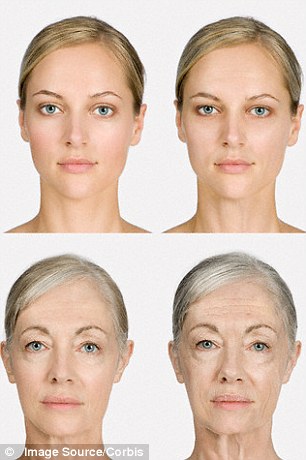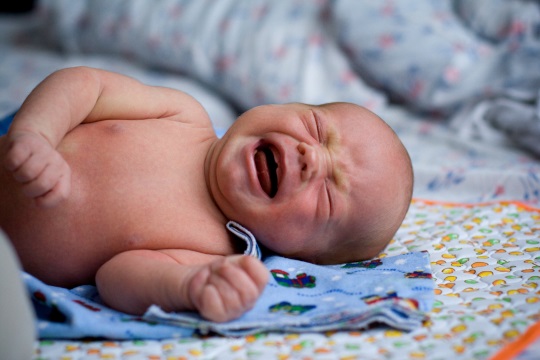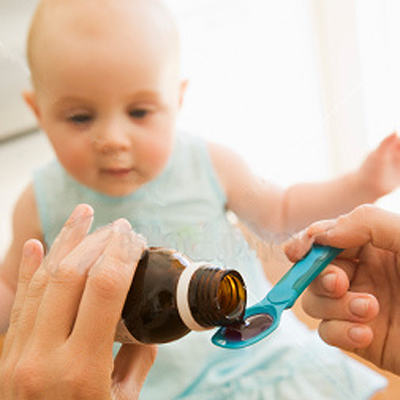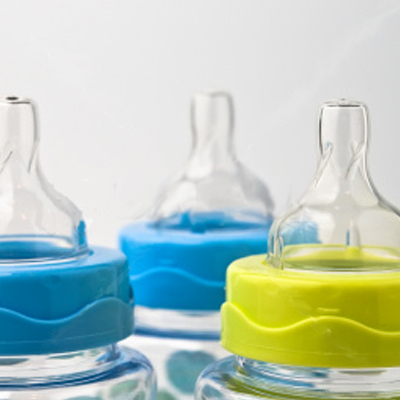Children DO age you!
Lactation, birth and childcare require increases in energy metabolism. That leads to increases in biomarkers for premature aging, study found. It’s often said that having children can take years off a person’s life. And according to a new study, that old saying may just be true. Childbearing can cause accelerated premature aging in women, scientists revealed.
Yale University researchers tested 100 healthy postmenopausal women from five rural villages in Poland. They found that women who experienced more pregnancies, more births and more time lactating had higher levels of a biomarker for accelerated aging. Lead study author Dr Richard Bribiescas said: ‘Like all organisms, people face trade-offs between reproduction and maternal survival in places where energy resources are limited, like a rural farming village. ‘This study, for the first time, provides compelling evidence of those trade-offs in humans.’ The metabolic costs of pregnancy and lactation have a heavy physiological effect on women, the researchers said. One of those effects is oxidative stress – which is an imbalance between free radical production and a body's ability to counteract their harmful effects. Reproduction has been known to increase oxidative stress through an animal’s lifespan – but the same effect had not been seen in humans until now. Pregnancy was thought to cause oxidative stress because of major increases in energy metabolism due to fetal development, milk production and energy expenditure associated with taking care of a child. The researchers selected five villages in mountainous areas of southern Poland. The women in those villages were known to have a broad range of children – as well as intense physical activity because of their agricultural work. The scientists measured urinary levels of three biomarkers in the women: 8-Oxo-2'-deoxyguanosine (8-OHdG), copper-zinc superoxide dismutase (Cu-Zn SOD), and thiobarbituric acid reactive substances (TBARS). Together, the biomarkers provided a composite assessment of whole body oxidative stress. The study found that women who experienced at least four pregnancies had 20 per cent higher levels of 8-OHdG – which shows oxidative damage to DNA. The study said: ‘As expected, women with at least four pregnancies during a lifetime (higher gravidity) spent twice as long being pregnant and triple the amount of time lactating.
‘Consequently, they spent almost two times more energy on reproduction than women with lower gravidity, as indicated by estimated energetic cost of their pregnancies and lactations.' These women also had 60 per cent higher levels of Cu-Zn SOD – an enzyme that provides the body’s primary antioxidative defense. These high biomarker levels indicated increased oxidative stress in the women – an important contributor to aging. The study was published in the journal PLOS One. Written By Lisa Ryan Retrieved From:
|
|


















